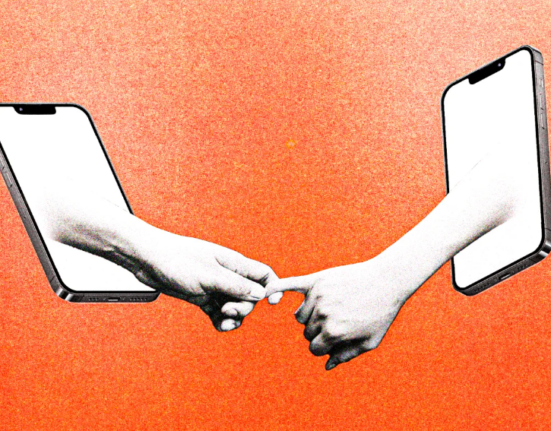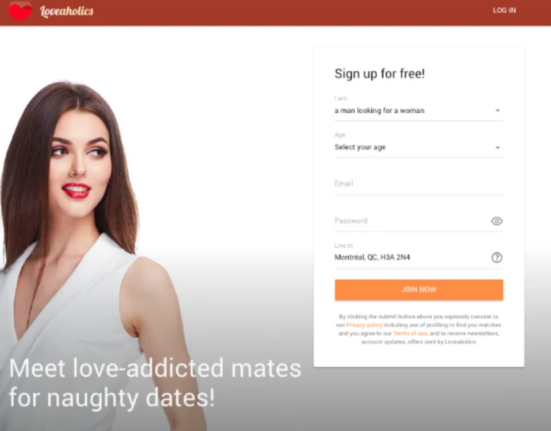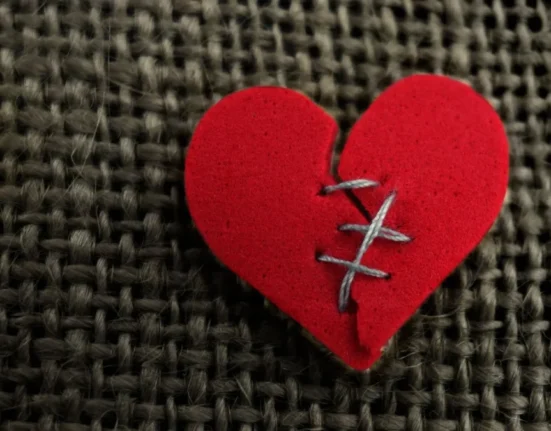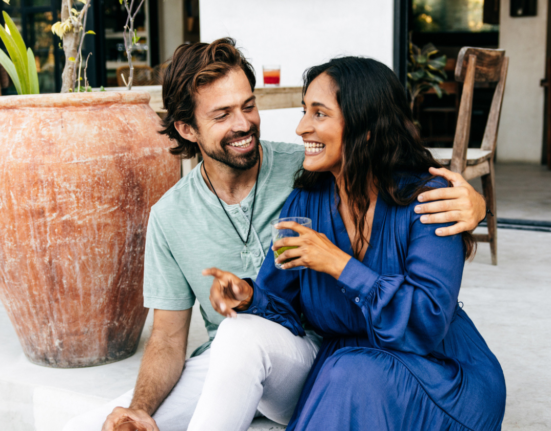Last Updated on February 2, 2024 by Rachel Hall
What are Relationship Boundaries, and How Can One Use Them to Make Online Dating Feel More Fun?
We all know online dating can be a little addictive. The thrill of checking for matches, seeing if someone’s messaged you… it’s a little sugar rush. Sometimes it can turn into a problem, and that’s where you need to set boundaries. Online dating sites and apps are how most millennial and Gen Z couples meet. We are also hyper-available, which means some people expect constant responses to their messages. This can feel exhausting and lead to dating burnout, so putting limits on your dating sites and apps can help you enjoy the process and go for longer.
Your boundaries can be personal.
The boundaries which work for one person might not work for another. Some people might find it helpful to set time limits for how long they spend on dating sites, others could prefer to spend a certain amount of time chatting before giving out their social media information or phone number. If or when you decide to implement boundaries, it’s a good idea to communicate them early on. For example, if you’ve decided to only spend one hour a day on Tinder, let your matches know so they don’t spend ages waiting for you to reply. As relationships move from online to in-person, the boundaries will naturally shift, so remember to keep discussing them with your new partner.

Decent advice for online dating.
People sometimes misuse the term “boundaries”. Sometimes, it’s just good advice. This includes things like refusing to send explicit photos unless you know and trust the person (and have some additional security), and not giving out any financial or private information. Given the rise in online dating scams, it’s a really good idea to keep these things private and consider blocking people who pester or guilt you into giving them any information.
Use the “block” button.
If someone doesn’t respect your boundaries or makes you feel uncomfortable in any way, remember that it’s very easy to block someone. Dating sites and apps will have help and support pages where you can make sure that people aren’t able to contact you, and if you’ve exchanged social media information, there are similar protections there. Remember that you set the criteria for blocking someone – it can be because you don’t like them or you’re disinterested, or any other reason.

Dating boundaries in pop culture.
Recently, Jonah Hill was accused of emotional abuse by his recent ex-girlfriend, surfer Alexa Nikolas. She shared messages which he supposedly sent, telling her that she couldn’t put certain pictures online or spend time with friends. He claimed that these were “boundaries”. They’re not. Regardless of whether Hill actually sent the messages, it’s important to understand the implications of such things. In an interview with The Guardian, psychotherapist India Haylor said that people use terms like “boundaries” incorrectly, and are instead making “misappropriated demands or ultimatums”. She went on to say that “healthy boundaries tend to be broader, more flexible, inclusive and respectful and will include propositions such as gratitude, open communication, space and honesty”. While the Hill/Nikolas situation involved a serious relationship, it’s worth keeping Haylor’s words in mind as you set your own boundaries.
Conclusion
Online dating can be hard. Sure, it’s fun, until you suddenly feel overwhelmed, burnt out and harassed by matches. Turn your phone off and take a breath. Dating apps are usually pretty casual, and it’s fine to take a break. You can quit cold turkey and find another way to meet people, or you can set boundaries. Either is fine.

Rachel Hall, M.A., completed her education in English at the University of Pennsylvania and received her master’s degree in family therapy from Northern Washington University. She has been actively involved in the treatment of anxiety disorders, depression, OCD, and coping with life changes and traumatic events for both families and individual clients for over a decade. Her areas of expertise include narrative therapy, cognitive behavioral therapy, and therapy for traumatic cases. In addition, Rachel conducts workshops focusing on the psychology of positive thinking and coping skills for both parents and teens. She has also authored numerous articles on the topics of mental health, stress, family dynamics and parenting.








Leave feedback about this